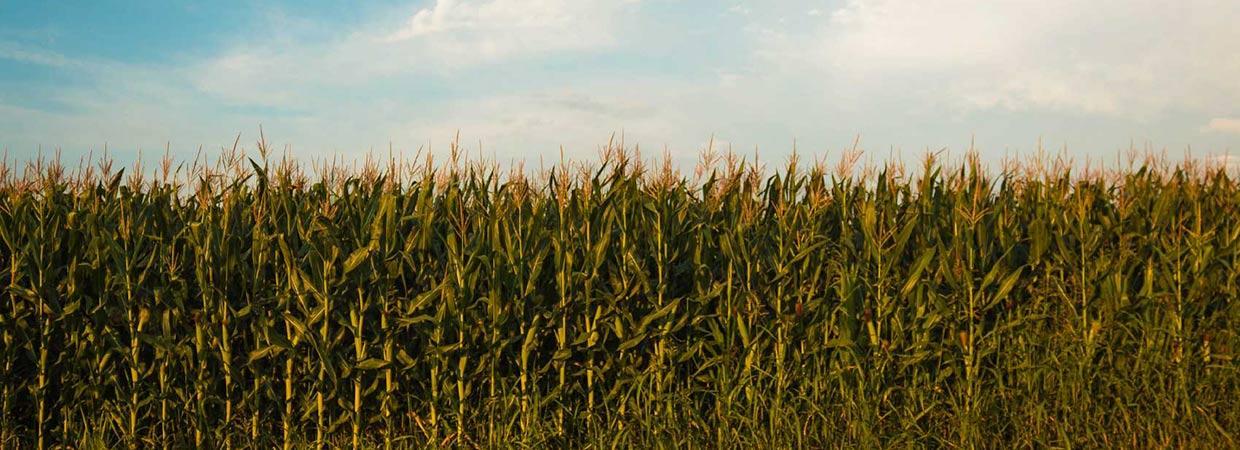Our ethical sourcing policy means that everyone at BioPak is aware of the importance of sourcing materials and products that are safe, environmentally-friendly and manufactured under ethical working conditions. Every department has its share of responsibility to ensure that we design our products with circularity in mind, find the best materials and select manufacturers that are aligned with our values.


Designing with the best materials
Our design team is trained to create products aligned to a circular economy, based on the principles of designing out waste and pollution, keeping products and materials in use, and regenerating natural systems. Our raw materials are selected very carefully to ensure they are quickly renewable and have a lesser impact on the planet than other finite resources. We lean on industry tools and standards such as Life Cycle Analysis (LCA) to investigate the effects of a range of materials on the environment and choose the best options.
Mechanical recycling isn’t a practical option for packaging used in the food-service industry, due to high levels of contamination, the presence of composite materials and the relatively small size of individual items. For this reason, we believe that foodservice packaging should be compostable. BioPak products are certified compostable to Australian and European standards and can be turned into nutrient-rich compost at the end of their life, along with food scraps.
We use materials certified by independent third-party auditors which require responsible sourcing from controlled sources and full traceability. Certifications demonstrate a commitment to quality, safety and sustainability by standing up to regulated, robust standards.
Our supply partner selection process
To maintain and improve our high standards, we have leveraged our B Corporation certification program to formalise our sourcing and design policies, which are now implemented across the whole business. We have also designed a supplier scorecard system and a code of conduct to ensure our supplier selection process is rigorous and standardised
Manufacturing partner requirements:
- Meet stringent quality, social and environmental standards
- Regular audits by third-party auditors against widely recognised social criteria (SMETA, BSCI, SA8000, etc.)
- Follow our Code of Conduct
- Take part in our Ethical Audit Program*


Meets Social & Environmental Standards


Third-Party Audited


Follows Code of Conduct


Ethical Audit Program
* We started our Ethical Audit Program in collaboration with our parent Duni Group in 2019. Duni’s global staff network, skills and expertise have been key success factors to kick start this program and a great learning opportunity for BioPak.
Collaborating with our manufacturing partners
We are committed to working closely with our supply partners to achieve stronger education and full implementation of social and environmental best practices, researching ways to improve and innovate. For instance, we are advocating to maximise the use of renewable energy sources in the production and warehousing processes while minimising waste outputs. Our ultimate goal is to achieve ISO1400 certification for 100 per cent of our manufacturing facilities by 2025 and have 10% of our products manufactured using renewable energy.
We have worked with the majority of our manufacturing partners for over 10 years and have helped each other improve on quality while ramping up capacity steadily. In 2019, we started our own Social Audit program. Our first round of on-site audits has also allowed us to identify opportunities to provide tailored training, such as a two-day workshop at our BioCane factory.













